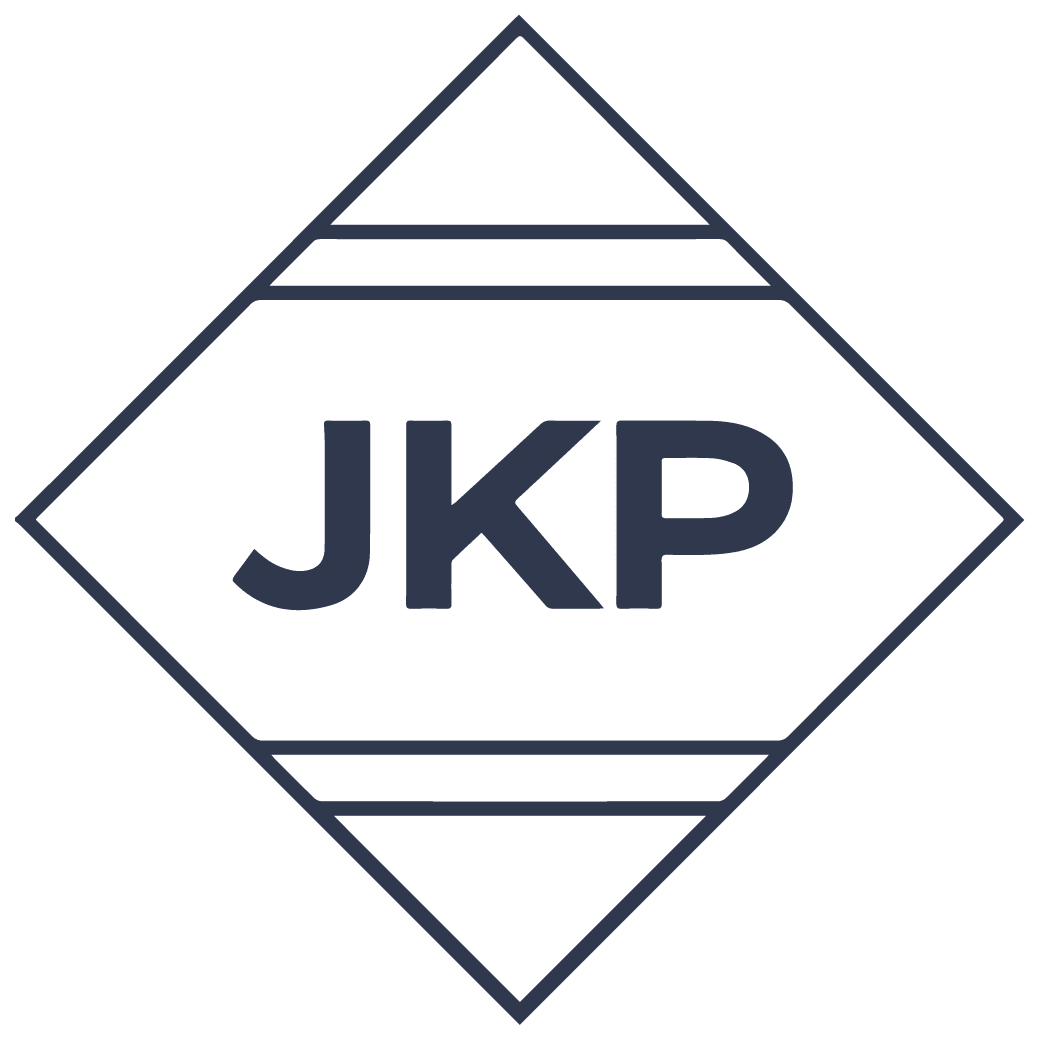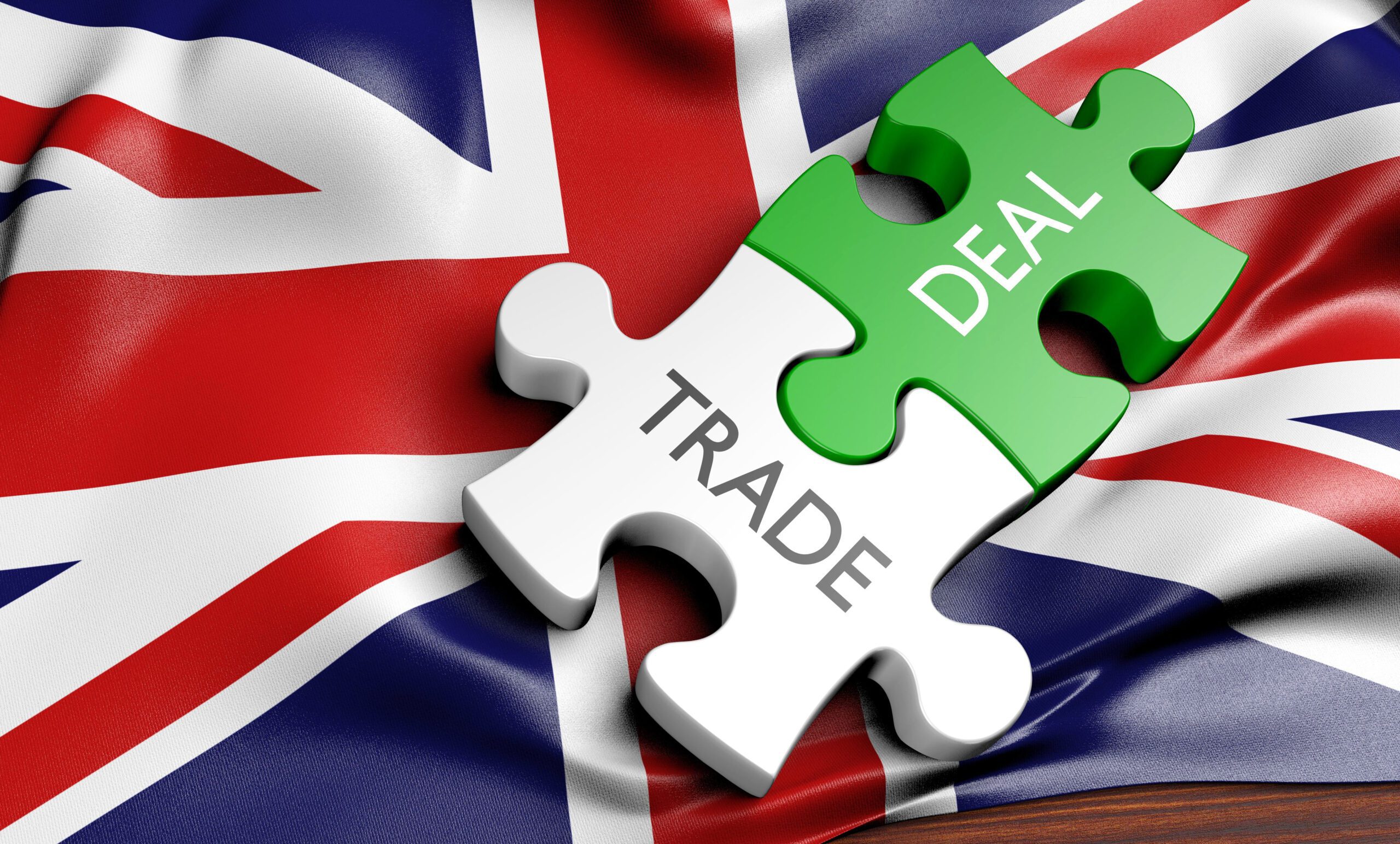This August, the government announced its plans to launch a post-Brexit global trading scheme next year. Designed to support trade with developing countries around the world, the Developing Countries Trading Scheme (DCTS) will extend tariff cuts to hundreds of imported products.
After leaving the European Union, the UK rolled over the EU’s Generalised Scheme of Preferences (GSP), but the DCTS will replace this and take tariff cuts further on imports from 65 countries.
These include some of the poorest countries throughout Africa, Asia, Oceania, and the Americas. The scheme encourages trade growth for developing countries while enabling UK buyers to benefit from lower prices on a variety of zero-tariff goods, from clothing and shoes to olive oil and tomatoes.
Here’s what you need to know about the Developing Countries Trading Scheme and what it means for businesses and consumers in the UK.
What is the Developing Countries Trading Scheme?
Also known as import duties or custom duties, importers usually have to pay taxes on the goods they bring into the UK market, and often have to pass the costs on to the consumer. The administrative hassles of these tariffs can deter businesses from importing and exporting, missing opportunities to set up new international supply chains.
However, the UK is in a position to offer preferential tariffs to developing countries looking to increase trade, which has many benefits for both sides. These include increasing the choice and competitiveness of products for UK consumers, and supporting growth and reducing poverty in developing countries.
Following a consultation in 2021, the government created the DCTS with the opinions of real individuals, businesses, organisations, and public bodies in mind.
In line with the International Development Strategy, the DCTS aims to help developing countries integrate into the global economy, forming stronger trading and investment partnerships and strengthening fair supply chains. This will create more jobs and sustainable economic growth, both in other countries and here in the UK.
The DCTS has provisions for reduced tariffs and simplified conditions, including looser requirements for rules of origin. It’s a very generous scheme that allows duty-free trade on many everyday items for most low-income and lower-middle-income countries (as classified by the World Bank).
With a simpler process to navigate and the scrapping of ‘nuisance’ and seasonal tariffs on many products, businesses exporting from lower-income countries and importing into the UK could save millions of pounds in reduced import costs.
How are tariffs changing under the DCTS?
Currently, under the Generalised Scheme of Preferences (GSP), eligible low-income countries (LICs) or lower-middle-income countries (LMICs) have partial to full removal of tariffs on around 80% of products, while only those that are considered least developed countries (LDCs) have 0% tariffs on everything but arms and munitions.
This will still apply under the DCTS, but more tariffs will be simplified and reduced on more goods, with more economically vulnerable countries eligible for the reductions.
Parts of the GSP are being adapted for the DCTS, and will be renamed as follows:
- ⦿ GSP LDC Framework → DCTS Comprehensive Preferences
- ⦿ GSP Enhanced Framework → DCTS Enhanced Preferences
- ⦿ GSP General Framework → DCTS Standard Preferences
These tiers allow countries to progress from comprehensive to enhanced and then standard preferences as their economies grow. Under the new policies, the UK government will be:
- ⦿ Easing additional tariffs – prioritising further reductions on over 150 additional products based on analysis of global exports from eligible countries.
- ⦿ Expanding Enhanced Preference eligibility – more countries can automatically access a greater tier of reductions with fewer requirements.
- ⦿ Simplifying seasonal tariffs – reducing seasonal tariffs on 4 lines (cucumbers, artichokes, wilkings, and strawberries) for Standard Preferences, while Enhanced Preferences have 0% tariffs on these products all year round.
- ⦿ Reducing ‘nuisance’ tariffs – setting 33 ‘nuisance’ tariffs of less than 2% to 0% for both Standard Preferences and Enhanced Preferences.
- ⦿ Respecting LDC/EPA sensitivities – maintaining tariffs on products from LDCs such as bananas and raw sugar that are sensitive to Economic Partnership Agreements.
There will also be new Product-specific Rules (PSRs) for LDCs, which make it easier for the least developed countries to meet the processing requirements to be eligible for reduced tariffs (for products such as chemicals, textiles, and machinery).
How will the DCTS affect businesses in the UK?
The government predicts that the Developing Countries Trading Scheme will result in a reduction of over £750 million a yearin import costs. Businesses importing goods into the UK can then pass these savings on to their customers, so UK consumers can benefit from more choice and lower prices – which will help to ease the cost of living crisis.
The Secretary of State for International Trade, Anne-Marie Trevelyan, stated that this scheme is taking back the UK’s control of trade policy as an independent trading nation. With less red tape and reduced costs, the government believes that more UK firms will begin to import goods from developing countries, supporting mutual growth.
The DCTS rules aren’t due to take effect until early 2023, but importers from other nations can still ease the burden of UK customs duties in other ways.
If you need to store your UK imports tariff-free until you’re ready to bring them into the UK market or export them again, then a bonded warehouse is the ideal solution. You can keep your goods safe in an authorised secure facility while you prepare them for distribution, giving you more time to smooth out your supply chain and administrative processes.
Not only do we offer bonded warehousing in the UK at John K. Philips, but we also provide a range of logistics solutions, including distribution throughout the UK and Europe. To find out more about how we can help your business with UK imports, fill out our online form or call us on 01744 751 000.


